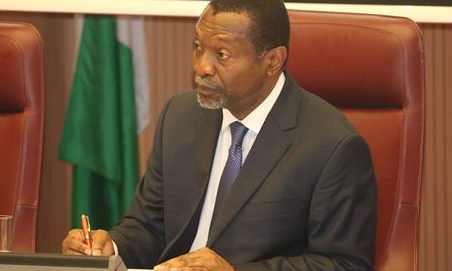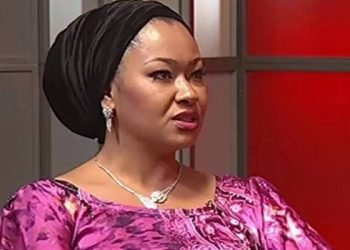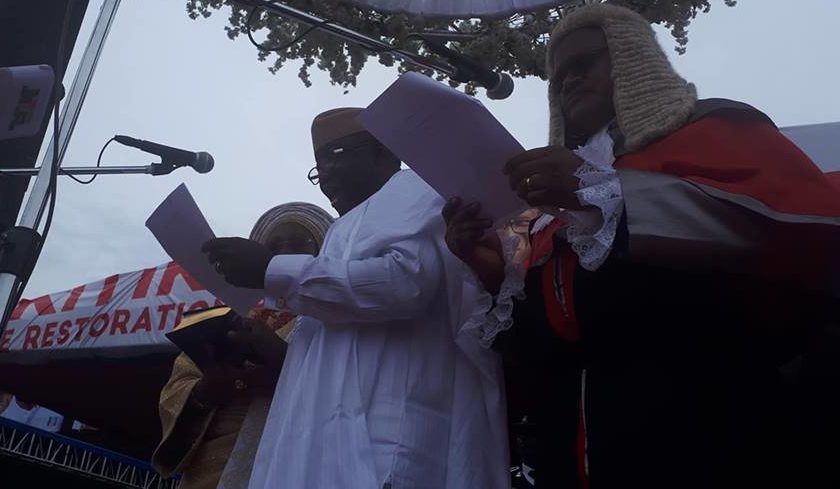The Minister of Budget and National Planning, Senator Udoma Udo Udoma, has stressed the need for robust population management policies.
Senator Udoma who was speaking at an interactive session at the ongoing Parliamentary Open Week, which kicked off at the National Assembly in Abuja on Monday, told the lawmakers that population management was one of the 60 key programmes set out in the Economic Recovery and Growth Plan (ERGP) as a strategic initiative to ensure that the gains of government economic policies were felt by the citizens.
According to his media aide, Akpandem James, the minister said that was in realisation that unless something urgent was done about the country’s rate of population growth, it would be difficult for the people to feel the full impact of the GDP growth.
READ ALSO: Training of civil servants to be digitalised – PSIN
He disclosed that the Ministry of Budget and National Planning was working in collaboration with the Ministry of Health to carry out a comprehensive review of the current population policy and would require the support of the National Assembly for effective implementation of the revised policy.
The review, he stated, would also entail benchmarking initiatives undertaken by other countries with high levels of population.
He pointed out that with an estimated population of 198 million people and a projected growth rate 3.2% per annum, Nigeria’s population would be more than 289 million by 2050 and the fourth largest in the world.
Therefore, the minister said, it was imperative to put in place, measures to bring down the growth rate to less than 2%.
He noted that following the implementation of reform initiatives in the Economic Recovery and Growth Plan (ERGP), the business environment had been reinvigorated and was improving steadily as investor confidence had returned with capital inflows in 2017 doubling that of 2016.
He also said that capital inflows of first quarter of 2018 grew by 500% in comparison with same quarter in 2017.
Exports, he indicated, grew by 59.5% between 2016 and 2017 while trade balance turned from a deficit of N253.33 billion in the first quarter of 2016 to positive levels beginning from the fourth quarter of the year.
Full year trade balance, he said, stood at N4,035.5 billion as against a deficit of N290.1 billion in full year 2016.
The minister pointed out that while the exchange rate gap had been narrowing progressively, Gross Domestic Product (GDP) had been growing steadily and positive results were being recorded in all key sectors except services.
On services, he explained that it was usually the last to recover from a period of recession.
He added that inflation had declined from 18.55% in December 2016 to 11.61% in May 2018, which was below the ERGP target of 12.42 for 2018.
He also mentioned the Focus Labs held between the first and second quarters of 2018 to help drive private sector investment into the economy.
The first phase of the project which ended in April 2018, he said, identified over USD 22.5 billion worth of private sector investment that could be unlocked, with USD10.9 billion categorized as “most ready” to go; including several other quick wins.











